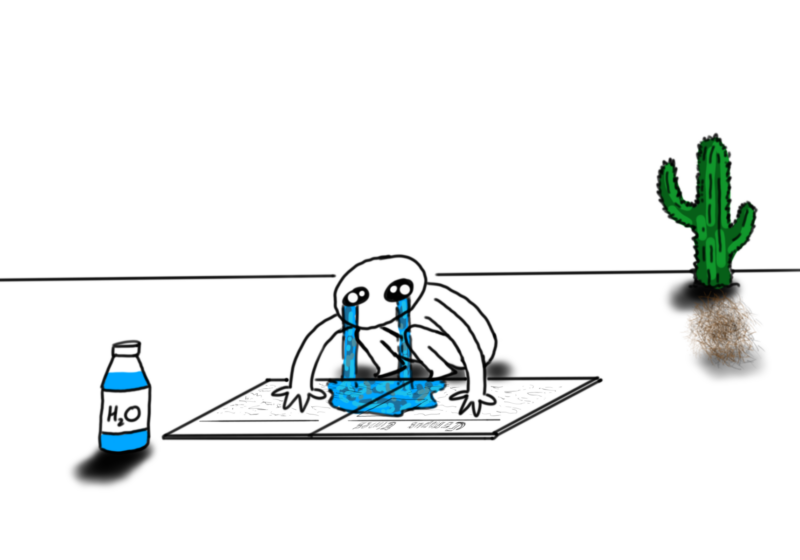People are running around in every direction, absolute chaos unfolding in front of your eyes. Testers abandoned, lying helplessly on their sides after weeks of roughhousing. Bottles flying off the walls, perfumes thrown across the room and shattering on the floor. Employees are taking cover behind shelves as the cash registers ring on endlessly. It takes you a minute to process that you are not in some outlandish parallel universe where shops operate like zoos –– you are just at Sephora.
This is a dramatization, but plenty of people who frequent Sephora will tell you that this is pretty much what it feels like. There are various story-times and reports on TikTok from people detailing how swarms of little girls keep coming into Sephora, a popular beauty product and personal care retailer, misusing testers, behaving rudely, and leaving behind a mess.
Netizens have been quick to blame the children for their bratty attitudes and lack of manners. To a certain extent, these complaints are valid, but at the end of the day, placing the blame solely on the kids is a bit odd given their age. Many are failing to question the parents who don’t correct this kind of behavior, and others have gone as far as to describe this phenomenon of unkempt behavior as a common trait across all of Gen Alpha.
Given that children usually cannot easily access money or transportation to maintain regular trips to Sephora, their parents and guardians are clearly enabling them. As for the generational condemnation, Millennials and Gen Z have complained for years about how annoying it is for older generations to look down on them and act like a few egregious individuals define the whole group. Now, it seems like we’re doing the same thing to Gen Alpha — as if we’ve been waiting for the opportunity to belittle them. Some of us used to be just as feral back in the day (and some of us have remained that way).
These kids are being taught to want things, like Sephora’s make-up and skincare products, by people outside of their age range. Back in my day, Silly Bandz were all the rage — news of them spread via word of mouth from my classmates or people around my age.
But now, influencers and corporations are beginning to target audiences they can manipulate more easily, and they do so by projecting the idea that kids, especially girls, need to grow up faster than they should. Implying that kids who are still losing their baby teeth need an extensive skincare regimen and makeup routine to look good is insane, yet this is how they make their money. There is nothing wrong with being interested in skincare and makeup products; however, the behavior displayed by these children goes beyond just curiosity, and seems more like a deep desire to acquire these things to fit in.
Once these children are older, it is up to them to fix their behavior and world views. But for now, they are only reflecting the world they are growing up in. As a society, we need to do a better job of showing children what to look up to and censoring what they see. This is most relevant for parents, of course, but influencers and general users of the Internet can also take further steps to become aware of what is being actively promoted online to impressionable audiences.






